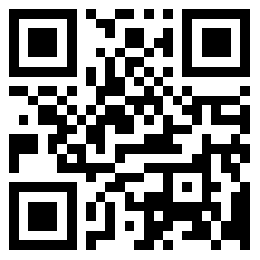cover Security monitoring Does the system video violate the right to privacy? This is a much discussed issue. In this digital era, with the rapid development of science and technology, the use of security monitoring systems has become a common means to ensure public safety and protect property. However, some people worry about whether these monitoring systems have violated personal privacy. This article will discuss whether the security monitoring system infringes the right to privacy, and further discuss relevant legal and ethical issues.
First, we need to clarify what is privacy. The right to privacy is usually defined as the right of individuals to protect their personal information and activities. Everyone should have the right to decide which information can be disclosed, and protect their personal lives and activities from interference with others. However, when using the security monitoring system, personal behavior may be video camera Recorded. This raises the question of whether an individual's behavior can be considered part of privacy.
In this regard, several factors need to be considered. First of all, is the camera place a private space or a public space? If it is a private space, then without legal rights, others will not be able to take photos of personal activities without authorization, otherwise the right to privacy will be violated. However, it is more difficult for people to claim the right to privacy in public places. In public places, people usually can't expect a completely private environment.
Secondly, it is also necessary to consider the purpose and usage of the monitoring system. If the security monitoring system is only used to protect public security and prevent crime, then the video can be regarded as legal and reasonable. In this case, individual activities are considered to be related to the public interest and may be recorded. However, if the monitoring system is used for other purposes, such as commercial interests or abuse of power, then video recording may be considered as an infringement of privacy.
In addition, the storage and processing methods of videos need to be considered. If the security monitoring system stores videos in a secure database that is only accessible by authorized personnel and can only be viewed when necessary, it can be considered that it is legal and reasonable to use these videos. However, if the video is abused or leaked, it will constitute an infringement of personal privacy.
Legally, different countries and regions have different regulations on the use of security monitoring systems and the protection of personal privacy. Some countries have formulated clear laws to restrict the use of monitoring systems, and have stipulated requirements such as the storage period and access rights of videos. However, there are still some countries or regions whose legal provisions on such issues are unclear or flexible, leading to disputes in practice.
At the ethical level, the key is to balance the right of public security and personal privacy. Public security is the common interest of society, and we cannot ignore it. However, the rights and freedoms of individuals should not be ignored. When using the security monitoring system, it should ensure that the necessary conditions of the public interest, to maximize the protection of personal privacy.
Therefore, whether the video recorded by the security monitoring system infringes the right to privacy is a complex issue, which requires comprehensive consideration of law, ethics and specific circumstances. It is necessary to establish clear monitoring rules and regulations and strengthen the supervision of the monitoring system. At the same time, the public should also strengthen supervision over the use of the monitoring system to ensure that it is not abused. Most importantly, we should improve the public's understanding and awareness of the balance between personal privacy and public security through public education and research.
![]()





